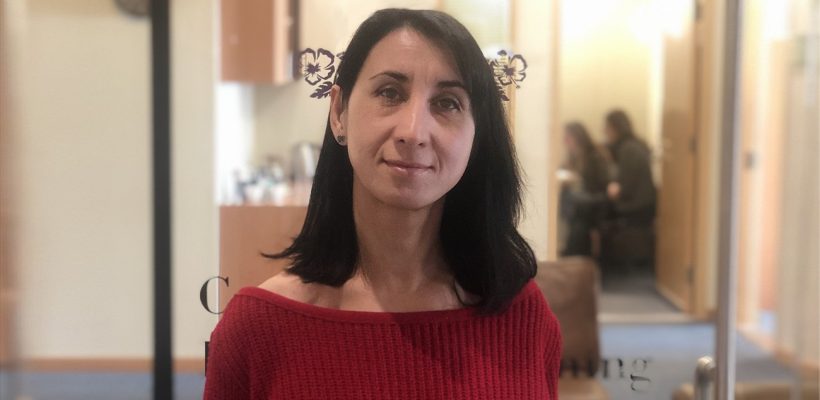
AUA Professor Natella Mirzoyan Receives Volkswagen Foundation Grant to Study Methane Biogeochemistry
2 min readDr. Natella Mirzoyan, Research Assistant Professor at the American University of Armenia (AUA) Acopian Center for the Environment, has recently received a grant from the Volkswagen Foundation, Germany’s largest non-profit research funder, to study the production of methane in aquatic oxygen-free sedimentary environments.
The project, titled “Methanogenesis in Sulfide and Nitrate Containing Sedimentary Environments,” is a three-year study. Vardan Hayrapetyan, researcher at the AUA Acopian Center for the Environment, will also be working on the project.
In aquatic areas where oxygen levels drop significantly, known as hypoxic or dead zones, biodiversity suffers, and few organisms survive except for methane- and sulfide-producing microorganisms, as well as nitrogen-producing bacteria.
The interactions between methane- and sulfide-producing as well as methane- and nitrogen-producing microorganisms are of great interest to researchers in this field and to the broader scientific community. The current understanding of these interactions suggests that in environments where sulfide-producing and nitrogen-producing microorganisms coexist, methane-producing bacteria are not able to thrive, and methane should not be produced.
“In hypoxic zones where sulfide-producing and nitrogen-producing microorganisms exist, we don’t expect production of methane, but this occurs in many such dead zones. There is a gap in our knowledge that we are proposing to fill through this research project,” elaborates Dr. Mirzoyan. She has done extensive work in molecular microbial ecology and environmental chemistry at the University of Maryland and the Weizmann Institute of Sciences. “In this project, I will be testing a new theory on the factors that impact methane production to resolve this apparent contradiction.”
This research is especially urgent in the context of environmental pollution and global warming. Current statistics show that the number of dead zones has increased to around 405, a massive increase compared to the 49 in 1960. Methane created in these dead zones degrades the oceanic environment and, when it reaches the surface, can further contribute to global warming.
Professor Hans-Peter Grossart from the Leibniz Institute of Freshwater Ecology and Inland Fisheries is the German partner of the project. The AUA Acopian Center will provide financial and in-kind support by contributing lab facilities and a portion of research staff costs not covered by the Volkswagen Foundation. AUA is also offering in-kind administrative support.
The AUA Acopian Center for the Environment, a research center of the American University of Armenia, promotes the protection and restoration of the natural environment through research, education, and community outreach. The AUA Acopian Center’s focus areas include sustainable natural resource management, biodiversity and conservation, greening the built environment, clean energy, and energy efficiency, as well as information technology and the environment.
